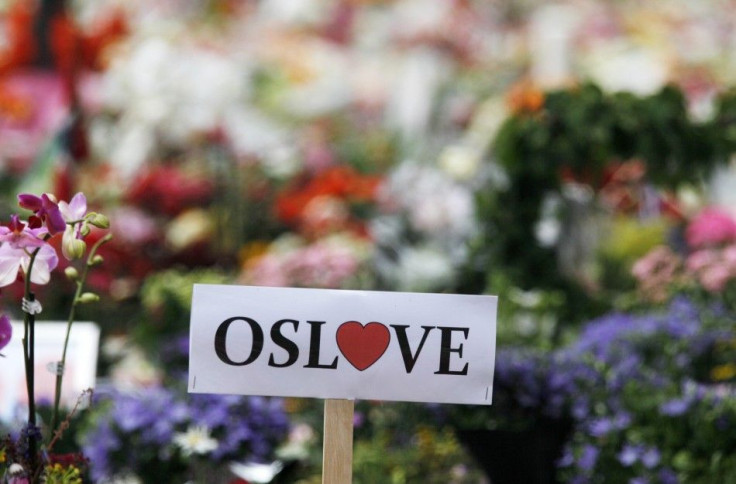Breivik Sought to Punish Labour Party for Allowing Muslim Immigration Into Norway

During his 35-minute appearance in an Oslo courtroom, Anders Behring Breivik calmly admitted he carried out the attacks that killed dozens of people in Norway and that he did it to prevent Muslims from taking over Christian Western Europe.
He also said he wanted to stamp out what he called “cultural Marxism.”
Breivik also apparently targeted Norway’s Labour Party (he killed dozens of Labour Party youth members in Utoya island) in order to punish them for allowing Muslim immigrants into the country.
By killing Labour members, he sought to discourage party membership – he blamed the party for committing treason and failing the country.
Meanwhile, Breivik’s father has disowned his son.
Jens Breivik told local media: “I think that ultimately he should have taken his own life rather than kill so many people. I will never have any more contact with him. But when I think of what happened, I'm filled with despair. I still don't understand how something like this could happen. No-one normal could do that.”
Also, a top Christian clergyman in Norway has berated Anders Breivik for claiming to represent Christianity.
Reverend Olav Fykse Tveit, the head of the World Council of Churches, told reporters: “It's important to say to all Muslims wherever they are, in Europe or elsewhere in the world, that these actions in no way can express what is our Christian faith and our Christian values. It is blasphemous to make that kind of connection.”
Tveit added: “We as Christians need to be aware of how our faith and our religion can be abused. This event shows how important it is that we continue this work more than ever.”
However, Breivik’s xenophobia and anti-immigrant attitudes are hardly unusual in Norway or western Europe as a whole.
Cecilia Malmstroem, the European Union's Commissioner for Home Affairs, complained on her blog: “Sadly there are too few leaders today who stand up for diversity and for the importance of having open, democratic and tolerant societies where everybody is welcome. This manifesto is a product of a very disturbed man, but unfortunately we recognize some of these sentiments in Europe today. I have many times expressed my concern over xenophobic parties who build their unfortunately quite successful rhetoric on negative opinions on Islam and other so-called threats against society.”
© Copyright IBTimes 2025. All rights reserved.




















